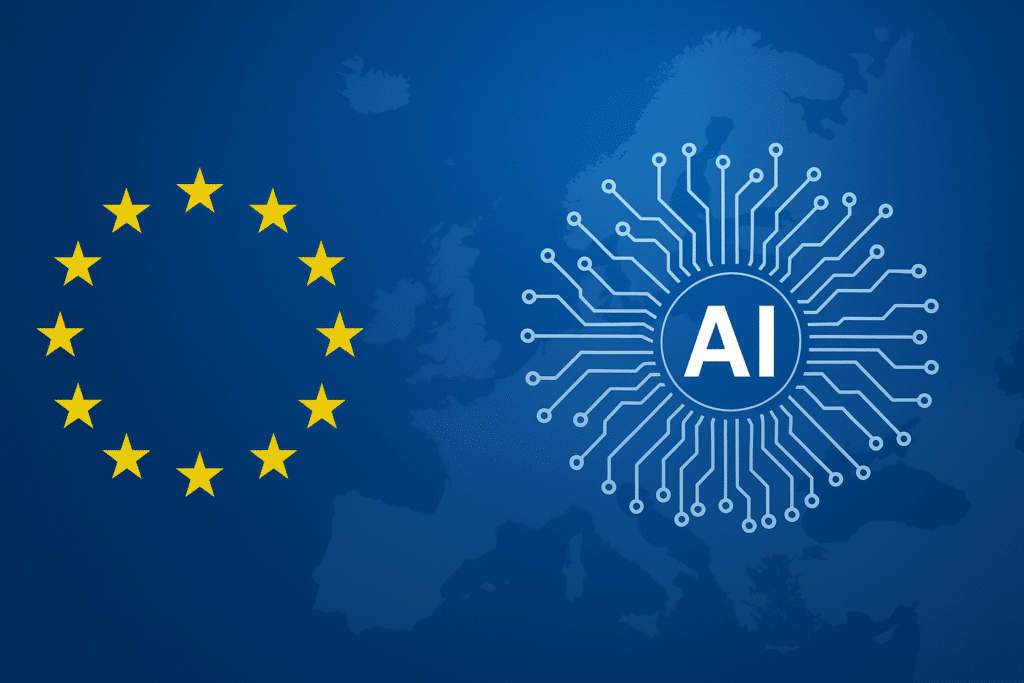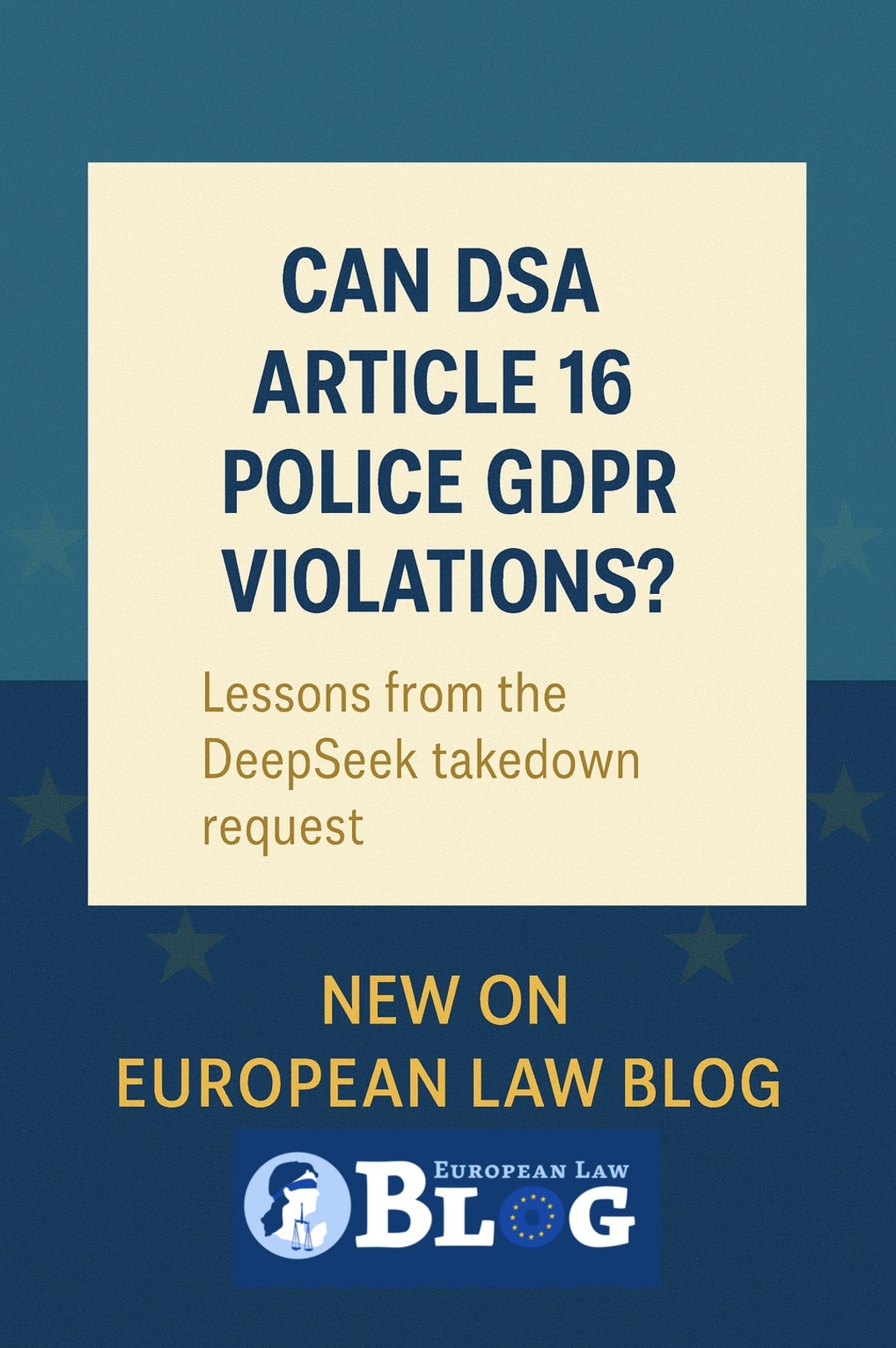Introduction to AI in Accounting
For CFOs and CIOs under pressure to modernise finance operations, automation, as seen in several generations of RPA (robotic process automation), isn’t enough. It’s apparent that transparency and explainability matter just as much. Accounting firms and finance functions inside organisations are now turning to AI systems that reason, not just compute. One of the most ambitious examples is Basis, a US-based start-up founded just two years ago that builds AI agents designed to automate structured accounting work, and keep human oversight firmly in the loop.
How AI Agents Work
Such systems signal a shift in enterprise automation. Instead of replacing people, AI agents extend human expertise and combine the precision of AI models with the oversight finance professionals need for compliance and client trust. Basis develops AI agents that handle routine finance tasks such as reconciliations, journal entries, and financial summaries. The platform is built on OpenAI’s GPT-4.1 and GPT-5 models, models that give the facility to operators to examine each decision step taken autonomously.
Business Impact: Efficiency with Accountability
Accounting firms using Basis report up to 30% time savings and an ensuing higher capacity for advisory work. That’s the kind of value creation traditional automation cannot deliver as quickly or at similar cost to the business. Unlike many automation tools that operate as black boxes, Basis emphasises review-able reasoning. Every recommendation includes an account of the data used and the logic behind it. Visibility means accountants can validate each outcome and remain responsible for results, a feature that’s always important in financial operations, and especially in highly-regulated industries.
Implementation and Challenges: Building Systems that Learn
Agentic AI can treat accounting as a network of workflows, not isolated tasks. A supervising AI agent, powered by GPT-5 in the case of Basis’s platform, manages the entirety of processes. It can delegate specific tasks sub-agents running on different models, with the choice of AI model depending on the job’s complexity and the type of data that’s to be processed. For example, for quick queries or clarifications, Basis uses GPT-4.1 for its speed, while for complex classifications or month-end close, GPT-5 provides better reasoning and context handling.
Lessons for Other Sectors
What makes Basis and financial multi-agentic AI relevant beyond accounting is the model-orchestration approach, routing tasks to the most appropriate AI model based on its performance and latency. The format could inform similar deployments in procurement, HR, or compliance operations; anywhere, in fact, where large volumes of structured decisions need transparency and – to use a terrible pun – accountability. Basis’s collaboration with OpenAI shows how AI reasoning engines in secure data environments can be effective.
Conclusion
AI in accounting isn’t limited to automating entries, it’s turning more towards building systems that think like accountants, not machines. For enterprise leaders, Basis’s model shows a way toward automation that improves over time. Each improvement in model makes teams faster and smarter without surrendering control to the automation process.
FAQs
Q: What is Basis and how does it work?
A: Basis is a US-based start-up that builds AI agents designed to automate structured accounting work, and keep human oversight firmly in the loop. It uses OpenAI’s GPT-4.1 and GPT-5 models to examine each decision step taken autonomously.
Q: How does Basis improve accounting operations?
A: Basis improves accounting operations by providing up to 30% time savings, higher capacity for advisory work, and review-able reasoning for every recommendation.
Q: Can Basis be used in other sectors?
A: Yes, the model-orchestration approach used by Basis can be applied to other sectors such as procurement, HR, or compliance operations, where large volumes of structured decisions need transparency and accountability.
Q: What is the goal of using AI in accounting?
A: The goal is to create automation that increases trust in the operator, and in the models themselves, without humans losing control of the outcomes.











